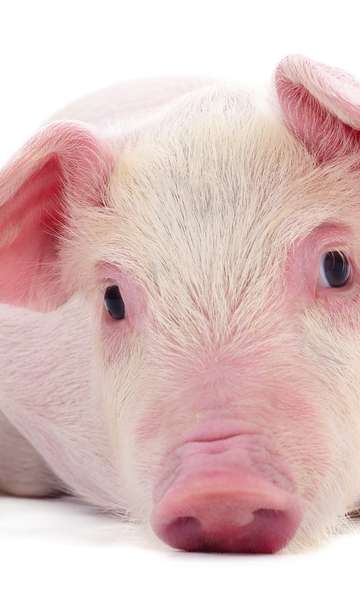This Purple February, a veterinarian warns that a balanced diet can aid the well-being of dogs and cats prone to degenerative diseases
Many people don’t know this, but just like us humans, pets can develop neurodegenerative diseases as they begin to age. In dogs, for example, cognitive dysfunction syndrome (CDS) has characteristics similar to Alzheimer’s.
Therefore, “Purple February”, a national awareness campaign to provide guidance on the treatment of diseases such as Alzheimer’s, lupus and leukemia in humans, has also gained importance in the pet calendar, raising awareness of neurodegenerative diseases in older animals .
Degenerative diseases in pets
The concern also comes from the increase of this population in the country. According to the Brazilian Society of Veterinary Geriatrics (SBGV), the life expectancy of large dogs, for example, has increased from seven to 12 years. Therefore, this type of disease is increasingly noticed. Studies show that cognitive dysfunction syndrome affects 14 to 35 percent of the canine population, 8 percent of animals between 11 and 12 years of age, and 68 percent of animals between 15 and 16 years of age. In cats, the disease is most common in felines over the age of 12.
Mayara Andrade, veterinary nutritionist at Guabi Natural, a BRF Pet brand that pioneered Super Premium Natural food in Brazil, explains that DSC in dogs, for example, causes mental confusion, anxiety, changes in the sleep-wake cycle and low interaction . Owners need to pay attention to these animal signals.
According to the expert, elderly animals need special attention not only in this care, but also in nutrition and constant visits to the vet, which will help ensure their well-being and longevity.
5 exotic animals
Food as an ally
“Both in the treatment of neurodegenerative diseases, such as cognitive dysfunction syndrome, and in the prevention of any disease, diet plays an important role. Foods that have in their composition, for example, rich sources of DHA, a type of omega- 3, can help in the prevention and also in the treatment of this syndrome, since studies show that DHA is linked to the improvement of cognitive functions. It is very important that the animal receives a nutritionally adequate diet. Always combined, of course, with medical visits regular -veterinarian”explains the vet.
A common question among guardians concerns the type of food for each age of their pets. According to the expert, mini and small dogs from 7 years of age are considered elderly, as are medium-sized dogs. Large and giant breeds reach seniority from 5 years of age. In the case of cats, small dogs follow and therefore also begin their seniority from 7 years old. As soon as they reach old age these animals need to receive adequate nutrition.
“Correct nutrition adequately responds to the nutritional needs of animals. Super Premium Natural foods are an example of this, since they are produced with selected natural ingredients that combine the best of them with all the nutrients that animals need for each size, stage of life and specific need”He says.
“Furthermore, when the animal reaches this stage of life, in addition to changing the food, it is also advisable to have a consultation and check-up every six months or as established by the veterinarian, since at this age they require even more particular attention, since the predisposition to diseases is greater”adds Mayara.
Source: Terra
Ben Stock is a lifestyle journalist and author at Gossipify. He writes about topics such as health, wellness, travel, food and home decor. He provides practical advice and inspiration to improve well-being, keeps readers up to date with latest lifestyle news and trends, known for his engaging writing style, in-depth analysis and unique perspectives.








